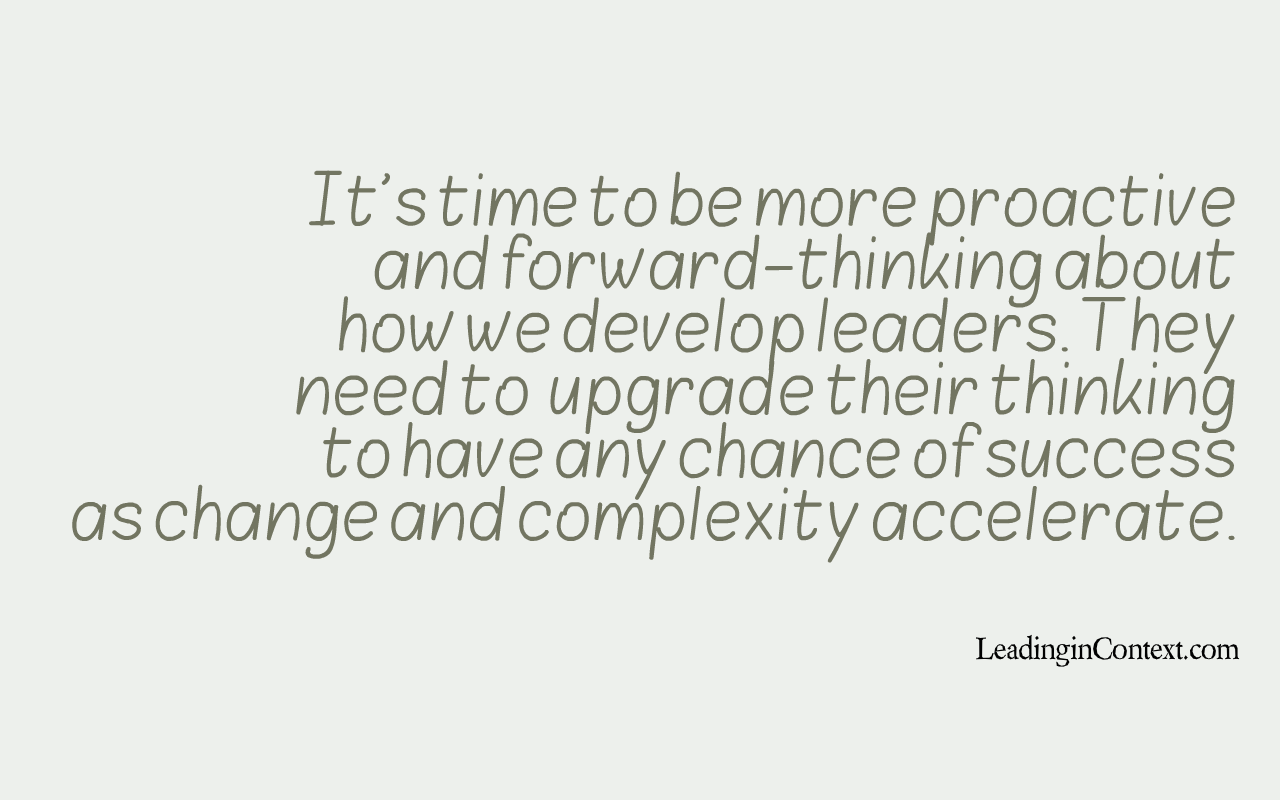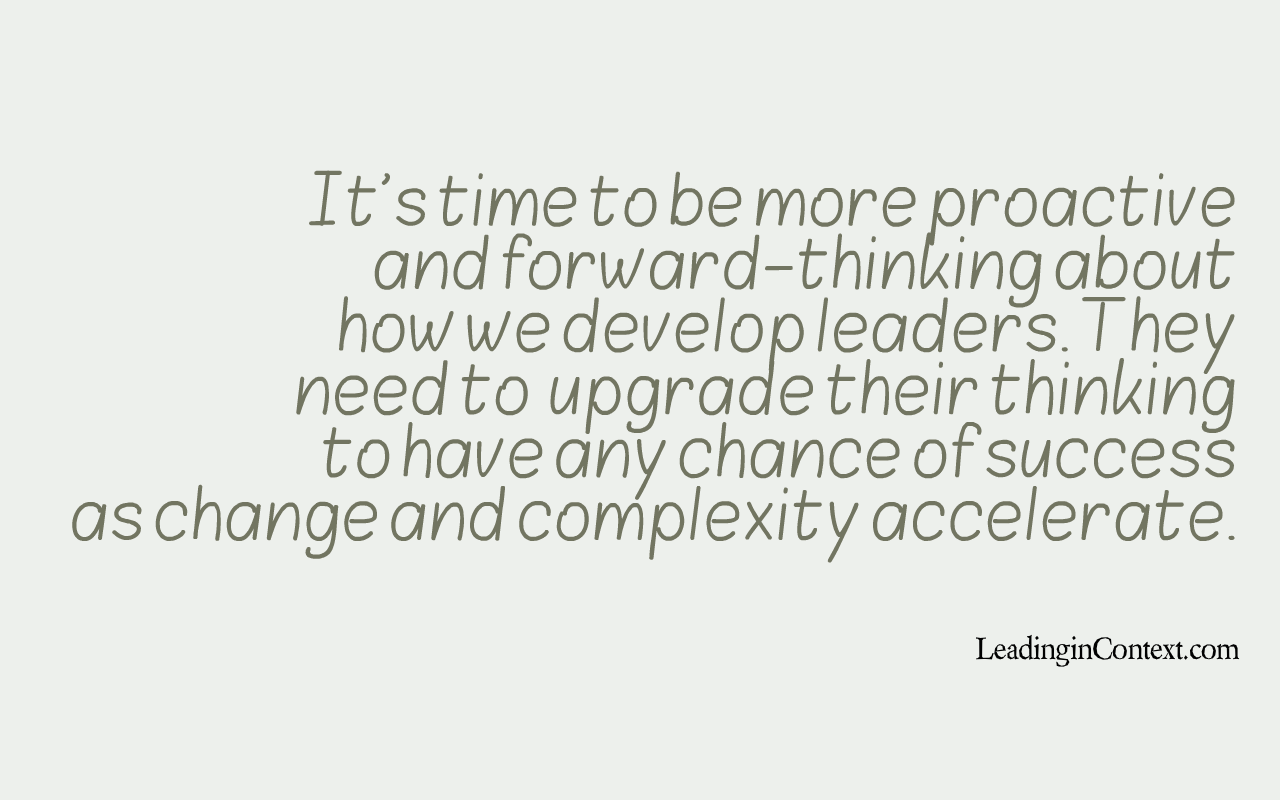
By Linda Fisher Thornton
Ethical leadership isn’t something we can ever say we’ve fully accomplished. It’s not about arriving at any particular place, or about achieving a certain level of knowledge. Just knowing about ethics and leadership won’t get us very far in an information-flooded, globally shifting, and unpredictable world where we are under time pressure and held accountable for making ethical choices under ever-more-extreme conditions including the current global pandemic.
It’s About Who Leaders Become (Not What They Know)
If learning ethical leadership isn’t about how much we know, what is it about? It’s about who we are right now. It’s also about who we become as we learn ethical leadership throughout our lives and careers. It’s about knowing where we are on the journey and demonstrating humility about what we still need to learn. It’s about making the commitment to becoming the best version of ourselves as an ethical leader.
Implications for Talent Development
Thinking about who leaders become (instead of what they know) helps us make the shift that’s necessary to make leader development relevant and impactful. It gets us out of the mindset that it’s about the content and shifts us to thinking about enabling individuals with very real pressing challenges who need guidance.
Leaders need to learn how to apply positive ethical values to their daily challenges. They need a broad context for seeing multiple perspectives and honoring the needs of multiple stakeholders.
Tie Learning to a Broader Context
Topical learning without a broader context is not going to prepare leaders for leading in the real world, and yet that is often the kind of development that leaders receive. Teaching ethics and leadership classes by topic area (for example, “character and integrity”) might be interesting and informative, but it won’t give leaders the bigger picture about how their choices impact a broad collection of constituents.
When topical learning is necessary, provide it in a broader context that connects it with the organization’s values and a holistic picture of ethical responsibility. That way leaders have a way to remember where it fits and why it’s important in the bigger scheme of things.
Connect Brand and Metrics
Carefully connect your brand and metrics to what leaders are learning. How does this element of ethical leadership learning relate back to the organization’s stated values? How does it relate to the organization’s customer experience goals and metrics? How does it support other tracked metrics including employee experience, turnover, or number of complaints? Connect the dots for leaders so that they don’t have to figure it out on their own. They won’t have time to do the research, so provide it up front.
Move From Knowing to Doing
Some leadership development stops after knowing, but the knowing won’t necessarily translate into doing unless that transition takes place during the learning process. Make sure there are real-world scenarios that give them the opportunity to apply what they’ve learned. Provide clear guidance on what they can improve. Drive home the point that knowing is useless without doing, and that it’s the doing part that you expect.
Ethical thinking and leadership don’t just happen. Be ready to help leaders take the learning journey. Giving them a broader context, connecting learning to brand and metrics, and giving leaders time to practice will let them know where they are and where they need to go.

Unleash the Positive Power of Ethical Leadership
© 2009-2024 Leading in Context LLC
